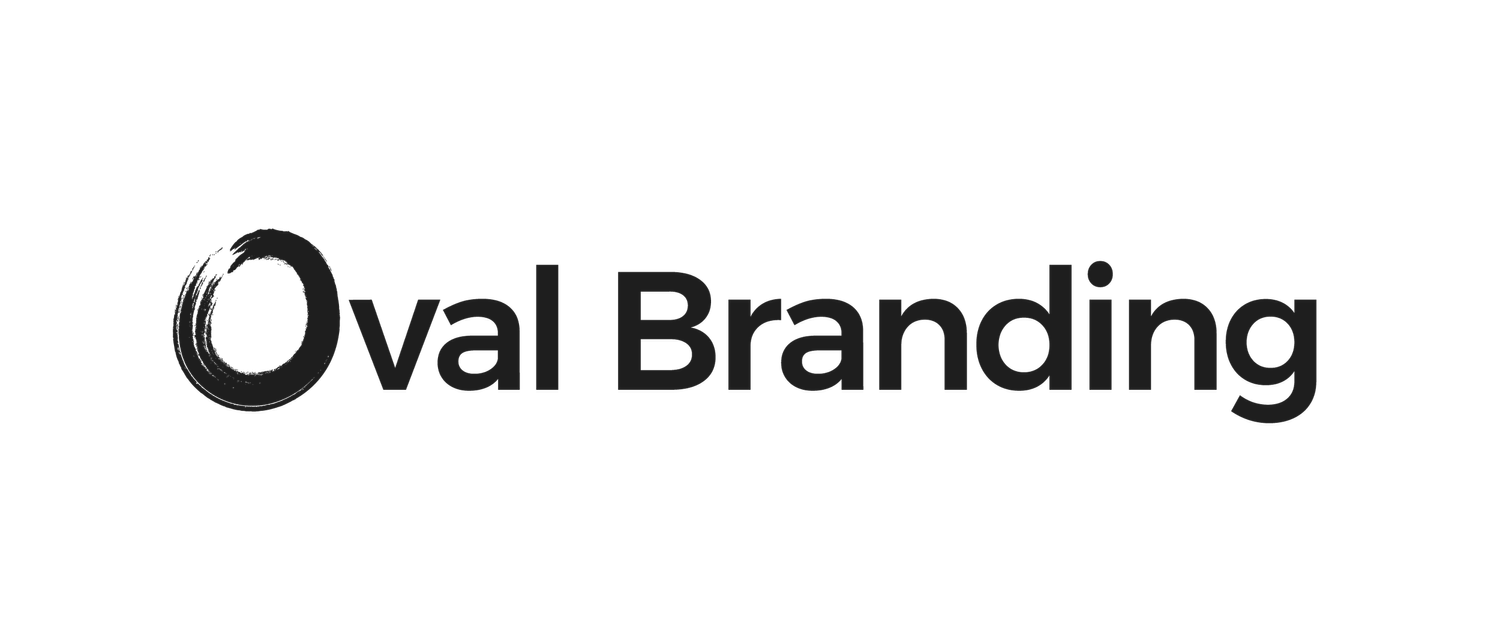11 Questions You Must Ask Yourself Before Building Your Personal Brand
Personal brand lays the foundation for success in your professional life. Through effective brand positioning, you can make your customers think in a certain way about you. Above everything else, a customer must think of your personal brand as unique and sustainable.
While the concept of a personal brand can differ for different people with different aspirations, the main benefits of having it include the following:
Credibility & recognition
Opportunities of being a leader
Steady client stream
Prestige and a great reputation
Elevated value in a niche market
Even more important than personal brand is the concept of a personal brand online. In the modern world, your digital impression is the first and foremost impression, and so it needs to be impressive. Furthermore, your clients and customers give you credibility based on your online reputation. Staying invisible online is costing you money. How does it cost you money? You can read more about that in Why Your Personal Brand Online Matters.
To build a personal brand you have to go through a refining process, i.e., you have to sift your characteristics and find the traits that make you special. Here are the 11 questions that will help you through the process.
Motivation for Personal Branding
1. What are your top 3 reasons for developing your brand?
Different stimuli motivate different people, e.g., growth, recognition, leadership opportunities, power, etc. What motivates you to have a personal brand? This answer will clarify the importance of personal brand for you. Although it is great to think about the long-term benefits. I believe that the more specific and concrete your answers, the better. For example, perhaps you want to sell 10,000 copies of your book within 6 months or you want to be a paid speaker at an industry event year. So try writing down 3 concrete reasons and objectives for building your personal brand.
2. Who are the top personal brands that inspire you and why?
Reading and knowing more about the top personal brands in your industry will motivate you, and provide some guidance as you find out how they built their brands. I normally start by searching for keywords on Google and then on Linkedin to find influencers with great brands to follow.
Knowing the “I” in "You."
3. Why do you matter? What is the value you provide to your customers?
Ask yourself some more important questions here. “What’s the heart of your business? Why do you matter to the world? Why are clients going to hire you?” (Corey Blake) I always believe that "your personal brand is not about you", it is about offering a valuable product or service to your target audience.The only way for customers to find value in your brand is when you solve their specific problems. Not only this but when your personal brand solves their problems, it sends a strong impression that you understand them. In simple words, make efforts to search for your customers’ “pain points”.
4. What do you want to be known for?
What legacy are you going to leave behind? Will what you are envisioning today make such a huge impact that people will remember you even after you’re gone? Think about it: what will people remember Mark Zuckerberg for after he’s gone? However, don’t be distracted by an example so huge. You don’t have to be Mark Zuckerberg in order for people to remember something about you, but there is definitely something in your personality that you can start working on today.
5. What is your mission?
Find out the things that make you smile and feel great about yourself. If you were to teach the world something, what would it be? What is it that will become a regret if you don’t do it? After answering these questions, you have to write a personal mission statement.
6. Which values matter the most to you?
Your brand has the strongest impression when you live and breathe it. If your brand doesn't reflect your values, you are not branding yourself right. For example, my personal brand values are "integrity, discipline, positivity, minimalism and life-long learning".
Identify the Best and Worst in You
7. What are your strengths?
What are the things in your personality that make you better than others around you, e.g., you are cool under pressure, you speak with conviction, you socialize fast, etc. Go ahead and make a list of your strengths. This self-reflective exercise is important to help you identify your personal brand.
8. What are your weaknesses?
One way to clear the path ahead of you is to get rid of things you don’t want to be known for and stuff that get you upset fast. Try to recall how you have answered this question in your interviews in the past. It's not what you answer. It's how you answer it, "The way you answer a question about your weaknesses is very telling." (Pamela Skillings)
9. What do your friends say about you?
Sometimes the words your friends usually use for you or the nicknames they have for you can tell you what makes you different and special. Do they all agree on the fact that you are very funny? If yes, maybe you need to give way to some humor in your style of speaking, writing and communicating.
Knowing the People and Places You Easily Get Along With
10. Who is your target audience?
Are you trying to please everyone? If yes, this is never going to happen. You must know your target market and zero in on people who are really going to find value in your brand. You need to know your target market’s average age, gender, location, interests, income levels etc. According to Ola Rynge in “Defining The Target Audience for Your Personal Brand” here’s what your branding message must align with:
The outcome you are reaching for
The persona you are talking to
The situation that you are in
Does your message align with these three values?
11. What environment resonates with you the most?
You can only do your best when you are among people and in places that make you feel most comfortable. Your comfort level will boost your confidence and hence your performance. By environment, it could be a physical location (city, office space), a group of supportive people, or a mindset. Sometimes, your personal brand isn't working because you are literally in the wrong place, talking to the wrong group of people with a different worldview! Find the right place and you'll naturally be the best version of yourself.
These are the 11 questions you must ask yourself before building your personal brand. Did we miss anything? Share your comments with us below and tell us all about your personal brand.
Sources
Skillings, Pamela. “How to Answer ‘What Is Your Greatest Weakness?’” https://biginterview.com/blog/2014/02/what-is-your-greatest-weakness.html, https://biginterview.com/ September 12, 2017
Medal, Andrew. “10 Personal Branding Experts to Follow This Year” https://www.entrepreneur.com/article/287823, January 24, 2017, https://www.entrepreneur.com/ September 12, 2017
The Young Entrepreneurial Council. “13 Questions You Should Ask When Developing Your Personal Brand” http://www.personalbrandingblog.com/13-questions-you-should-ask-when-developing-your-personal-brand/, March 21, 2014, http://www.personalbrandingblog.com/ September 12, 2017-09-12
Su, Tina. “Life on Purpose: 15 Questions to Discover Your Personal Mission” http://thinksimplenow.com/happiness/life-on-purpose-15-questions-to-discover-your-personal-mission, http://thinksimplenow.com/ September 12, 2017
Rynge, Ola. Defining the Target Audience for Your Personal Brand” https://brandyourself.com/blog/how-tos/defining-the-target-audience-for-your-personal-brand/, 19 May, 20110 https://brandyourself.com/blog, 15 September, 2017



